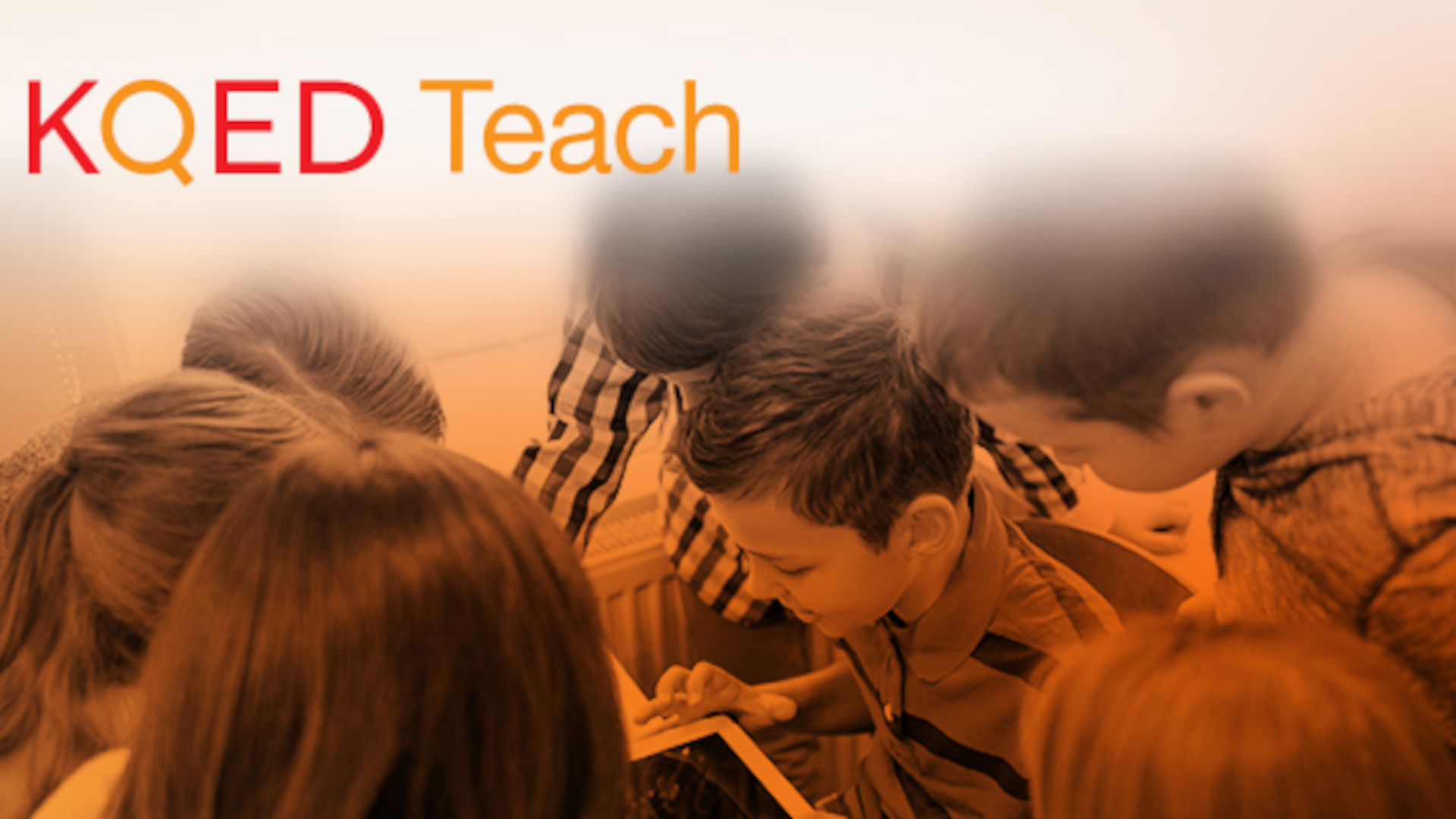Professional Development and Web 2.0
Tools and ideas to transform education. Sign up below.
You are now subscribed
Your newsletter sign-up was successful
from Technology & Learning
Professional development in most schools has a predictable look and feel: summer workshops, brown-bag luncheon trainings, and the infamous in-service day. These events can be successful, and there is no doubt they have helped numerous educators become better at what they do. But Web 2.0 opens up a new world of professional learning.
The new tools and processes of Web 2.0, such as blogs, social bookmarking sites, podcasting and RSS, enable individual, continual, and highly customized experiences through the creation of a personal learning environment. The PLE is responsible for connecting individuals to form a community of learners, where all contribute and collaborate in what amounts to a global discussion of ideas. This discussion can and does have profound application to personal professional learning, and is driven by all those who participate. As Will Richardson, "learner in chief" at Connective Learning, says, "We are at times teachers and at times learners. Our roles shift with each interaction."
Tools that Drive Personal Learning Environments.
Blogs
Blogs have given everyone the opportunity to have a voice, and people have taken advantage. As of April 2006, Technorati.com tracked more than 34.5 million blogs, with 1.2 million posts being added to the blogosphere daily (an average of 50,000 per hour!) as well as 75,000 new blogs daily. In fact, the blogosphere is doubling in size every six months. Basically, blogs permit an individual to contribute his or her thoughts to the global discourse and to deliver those thoughts via RSS syndication. Topics range from School 2.0 to the "flat world" to reform strategies, and to the No Child Left Behind Act. Robust discussions in blog posts—with invitations to readers to support or reject ideas—have the power to challenge long-held perceptions and beliefs. Via this process, real learning happens.
Del.icio.us
Tools and ideas to transform education. Sign up below.
Del.icio.us is a social bookmarking service that enables users to store and tag information resources in an online account that can be accessed by others. Del.icio.us has several social networking features. They include the production of RSS feeds, a "Your Network" feature that enables you to identify a set of del.icio.us users and see what they bookmark, a subscription option that enables a user to subscribe to a specific tag in del.icio.us, such as digitalstorytelling, and see all the resources from all the del.icio.us users on that topic, and a "Links for You" section, where other del.icio.us users can send you links to resources.
Podcasts
Podcasts are recordings of an individual, of a discussion, or perhaps of a presentation, delivered in MP3 format. Like blogs, they provide a voice, but this time in audio format that can be listened to on an MP3 player or a computer while exercising, walking the dog, or driving the car. Like blogs and del.icio.us resources, podcasts can be delivered through an RSS feed to the listener or learner.
RSS and Aggregators
The key is RSS (Really Simple Syndication). The three tools above all produce RSS feeds which stream or deliver content. The aggregator is like a mailbox and captures the information feeds and presents it to the user. The aggregator's value is that it presents feeds from multiple authors and content types (blogs, wikis, podcasts, Flickr, and del.icio.us) all in a single location for ease of processing.
Educator Resources 2.0
Blogs
Blogs are available at Edublogs.org
Weblogg-ed by Will Richardson
2 Cents Worth by David Warlick
Think:lab by Christian Long
Ed Tech Journeys by Pete Reilly
The Thinking Stick by Jeff Utecht
Cool Cat Teacher by Vicki Davis
Techlearning.com blog
Del.icious
Del.icio.us accounts are available at http://del.icio.us
David Jakes del.icio.us feed
Christopher Sessums del.icio.us feed
Will Richardson's del.icio.us feed
Dean Shareskis del.icio.us feed
John Petersons del.icio.us feed
Podcasts
The Savvy Technologist Podcast
Aggregators
RSS
RSS: A Quick Start Guide for Educators
Literature Cited
Richardson, W (2007). Blogs, Wikis, and Podcasts, and Other Powerful Webtools for Classrooms.
Sifry, D (2006, April 17). [Weblog] State of the Blogosphere, April 2006 Part 1.
—DJ
Continue to Web 2.0 and the New Visual Literacy
